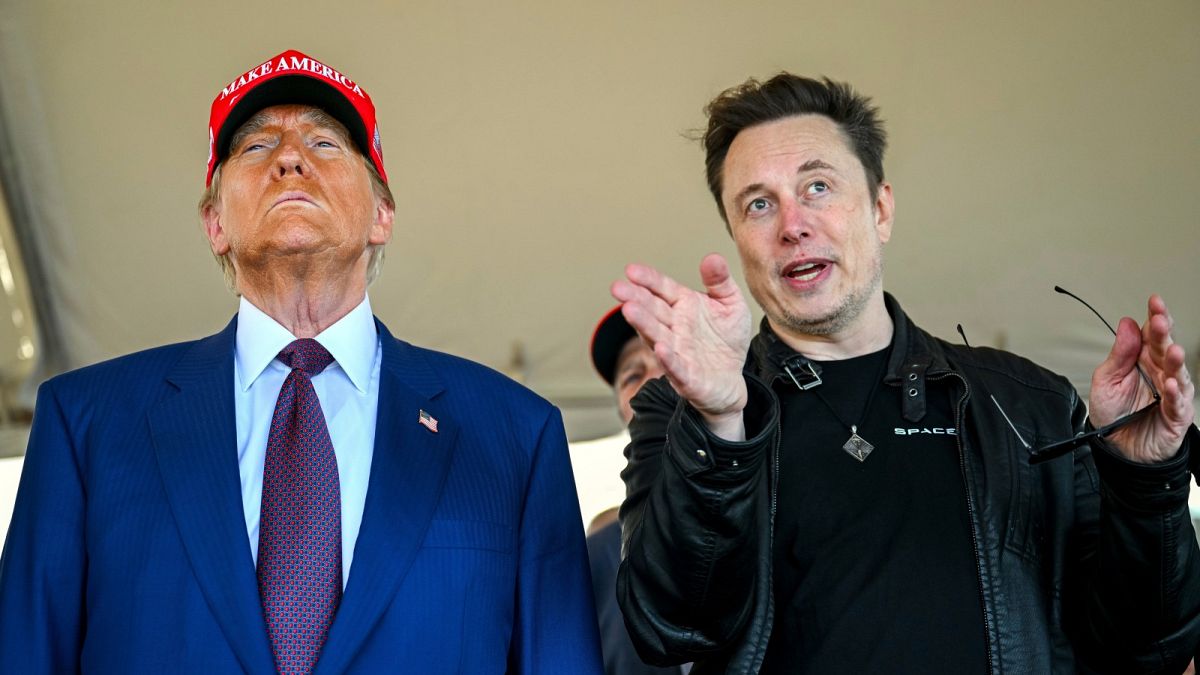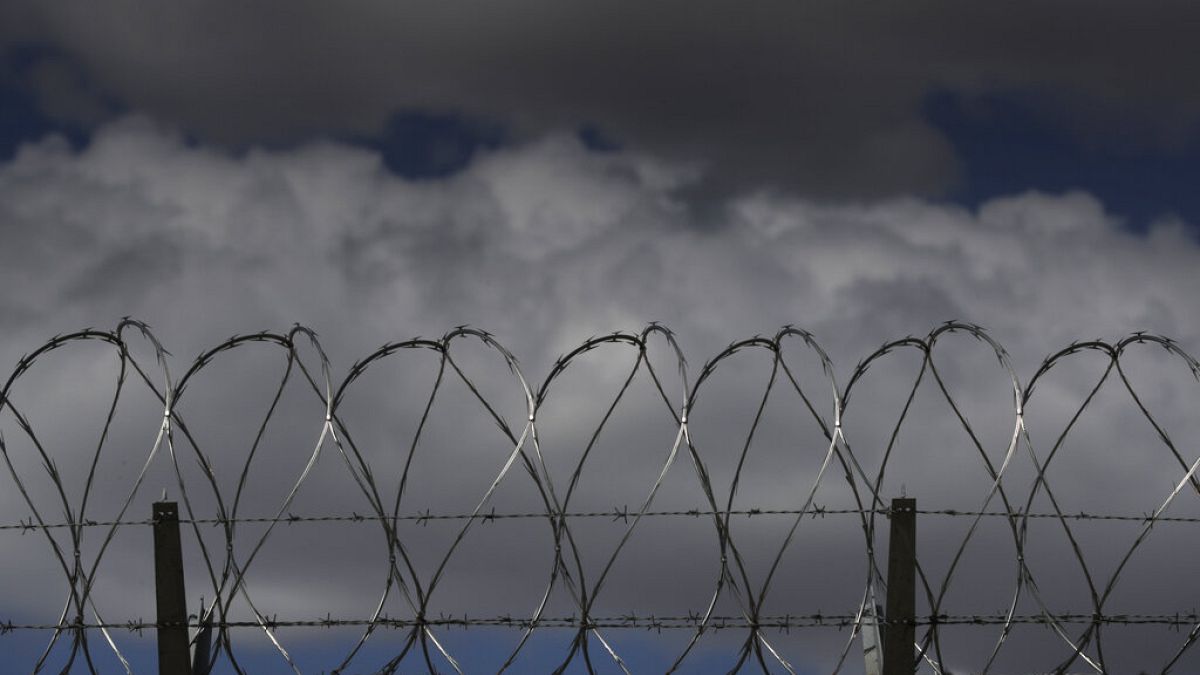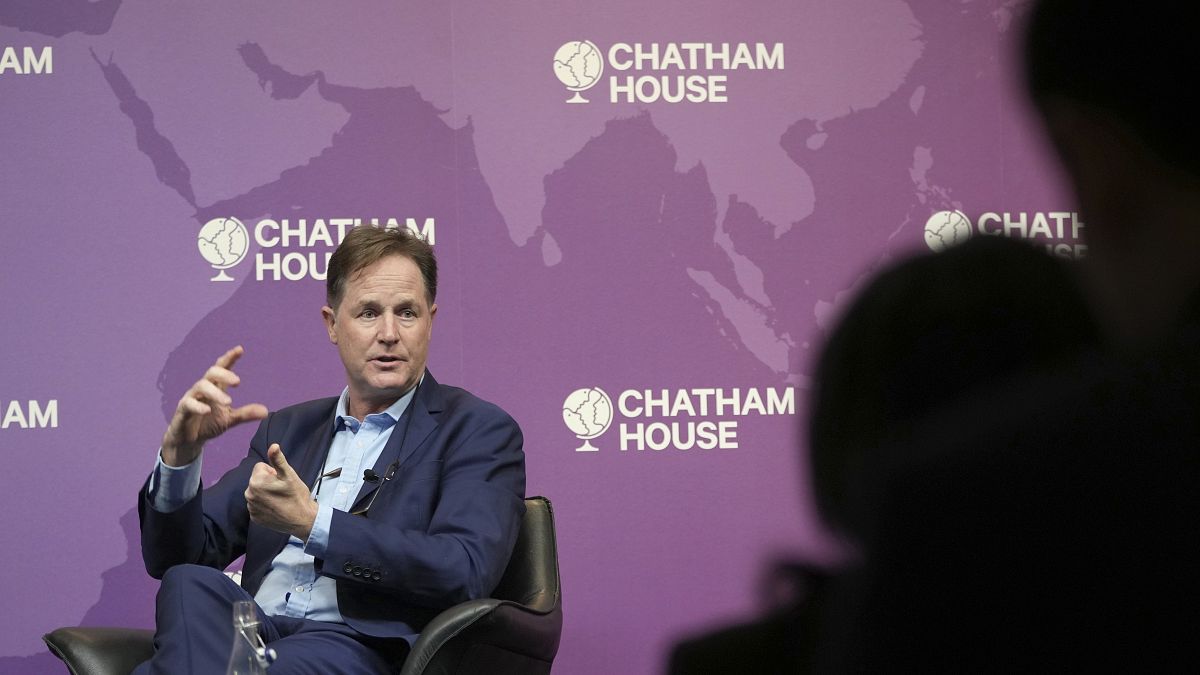Member states close the door to further tweaks to the new deforestation rules pushed by unusual right-wing majority in the European Parliament.
EU diplomats have rejected European Parliament amendments to the Commission’s proposal to push back the entry into force of the bloc’s new deforestation rules by one year.
Instead, member states insist on adhering to the original text presented by the EU executive in October.
The legislation aims to combat global deforestation by imposing due diligence obligations on traders importing raw materials such as beef, cocoa, coffee, and soy into the EU.
Among the amendments, largely championed by the centre-right European People’s Party, MEPs sought to introduce a new classification for countries posing "no risk" of deforestation, alongside the existing categories of low, standard, and high risk.
However, in a meeting of EU ambassadors on Thursday (20 November), member states reaffirmed in “a clear message from that they want to stick to the original proposal from the Commission,” a diplomatic source said.
“Opening the text would only generate legal uncertainty and huge time constraints,” the source continued, noting that the EU Council had already agreed in October not to modify the timeline.
An interinstitutional meeting between MEPs and EU countries to hash out the divergences might take place as soon as tomorrow, a spokesperson of the Hungarian EU presidency which is leading the talks on behalf of member states told Euronews.
The deforestation law, approved by EU institutions in 2023, is set to take effect on December 30, 2024, for large enterprises, and mid-2025 for small and micro-enterprises.
In October, the Commission proposed a one-year delay to ensure smooth implementation, moving the deadlines to late 2025 and mid-2026 respectively.
The Commission explained that the delay would provide a 12-month phasing-in period to “ensure proper and effective implementation”.
The Parliament’s amendments aimed to streamline the process and reduce burdens on importers, but environmental NGOs argued this would lower compliance standards.
These changes were supported by the European People’s Party (EPP), with other parties further to the right including the European Conservatives and Reformists (ECR), the eurosceptic Patriots for Europe (PfE), and the Europe of Sovereign Nations (ESN) – the so-called right-wing Venezuela majority.

 1 month ago
15
1 month ago
15






 We deliver critical software at unparalleled value and speed to help your business thrive
We deliver critical software at unparalleled value and speed to help your business thrive






 English (US) ·
English (US) ·